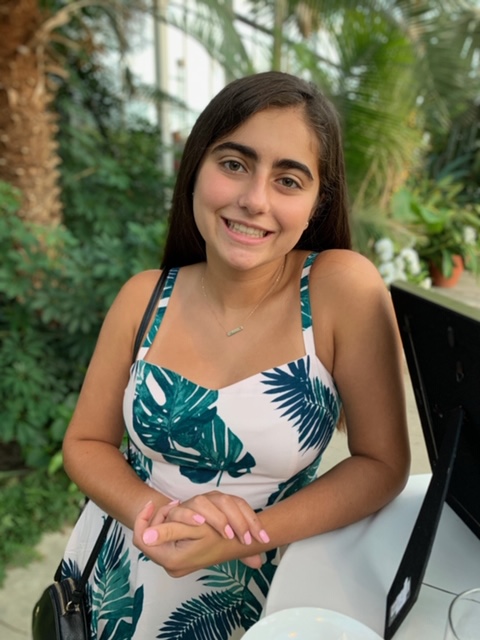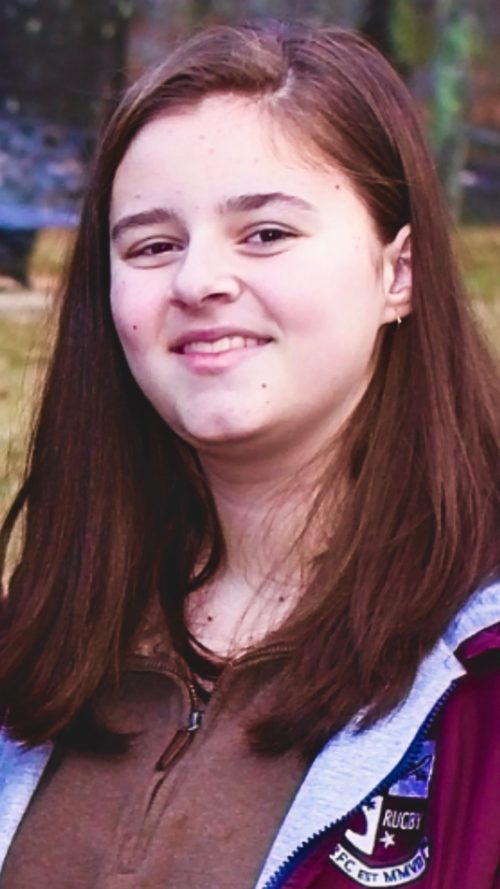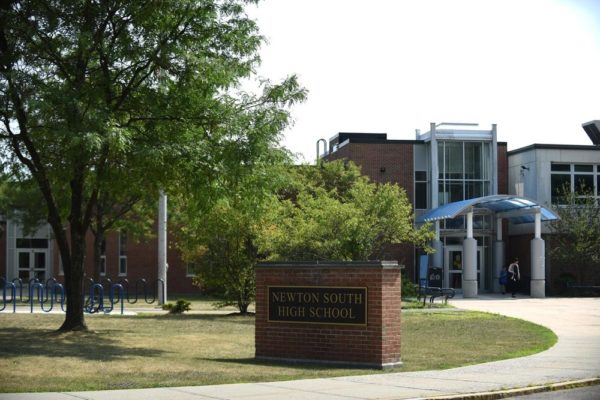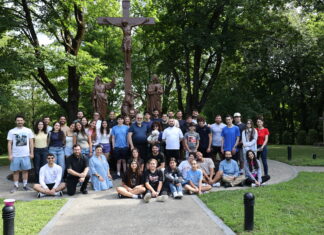By Ani Belorian
Special to the Mirror-Spectator
BOSTON — For months now, teenagers all over the country have been trying to adapt to a drastic new reality. Because of their malleable ages, high school students have been uniquely impacted by the pandemic. Moreover, they have had to deal with the lack of socialization, which is one of their priorities.
Although adults have borne the brunt of the slowing of time, adolescents have also experienced this new situation. With sports, extracurricular activities, homework, and increasingly challenging classes on their minds, until the lockdown, teens rarely had time to spend with family and friends, or just do nothing. It’s a strange feeling, realizing that there is literally nothing to get done by the end of the day. Probably none would have minded the idea of having nothing to do, but now, the novelty of freedom has passed.
March 13, 2020. Friday the 13th. The day that many teenagers remember as the start of it all. There was talk of the coronavirus in school, but it seemed like the usual gossip. Many didn’t see the school closure coming.
Ava Movessian, a rising junior at Westford Academy, remembers that in the days leading up to the cancellation, “it was kind of chaotic in school, like, everyone was talking about it. And I knew that school was going to be cancelled, and I was kind of the one saying to my friends, ‘Oh, you know, I think school’s going to be cancelled. They were like, ‘No, Ava, it’s not going to be cancelled, what are you talking about?’”











